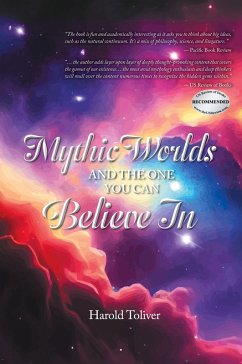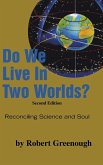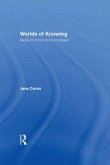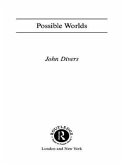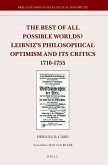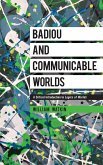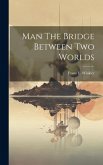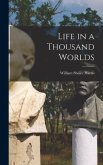Combining philosophy, science, and literature, Mythic Worlds and the One You Can Believe In examines lingering misconceptions of world history as a continuing source of international tension. Awareness of the natural continuum, currently gauged at some 13.8 billion years overall, disarms sectarian zealotry and, in retrospect, explains some of the difficulties the literary and philosophical traditions have had in accommodating their beliefs to what undeniably exists. To this day, beliefs incompatible with natural history continue to intensify nationalism and support terrorist movements. As a work mainly in natural philosophy, this book uses the consensus natural continuum to critique the more prominent and durable misconceptions.
Bitte wählen Sie Ihr Anliegen aus.
Rechnungen
Retourenschein anfordern
Bestellstatus
Storno

